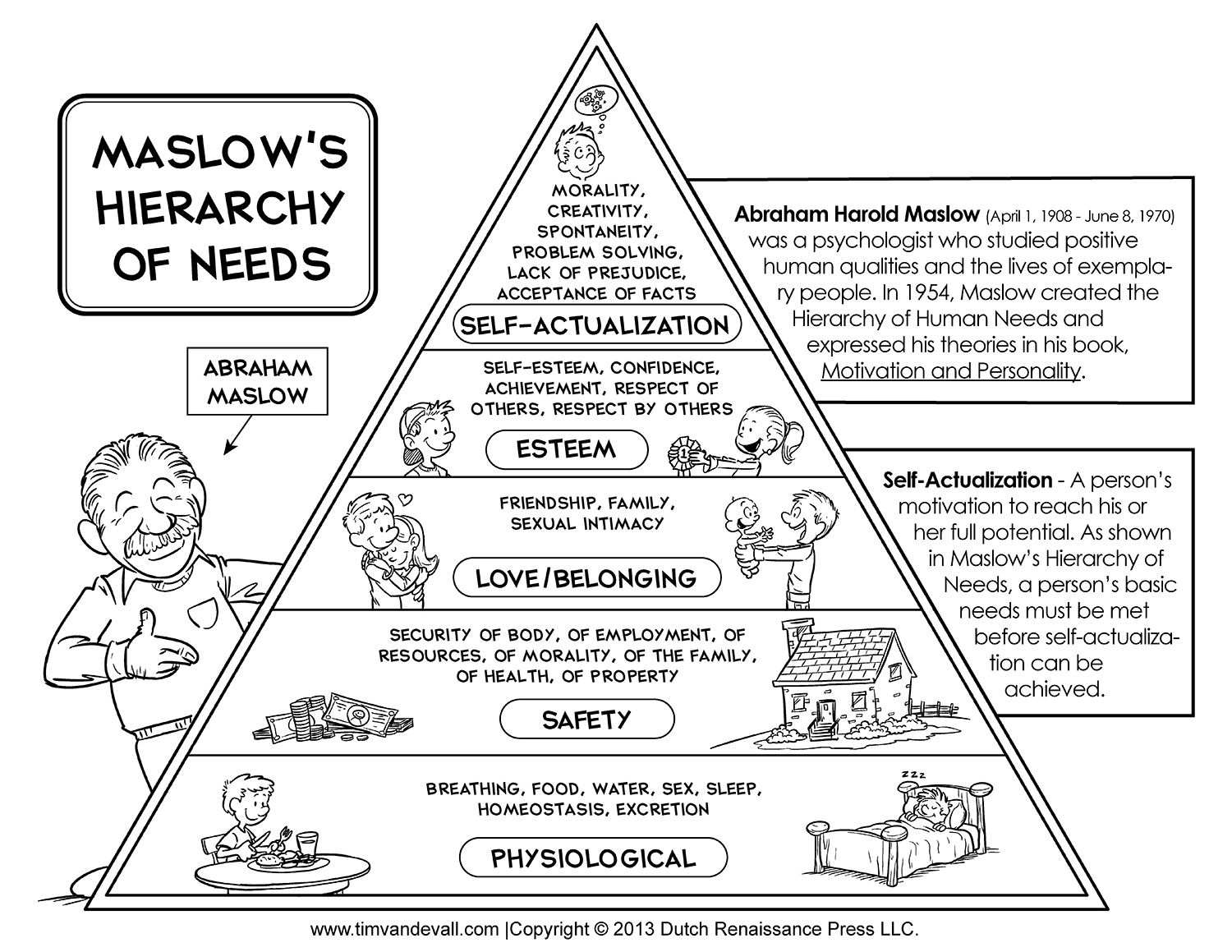Psychosocial deprivation
Psychosocial deprivation = psychical hardship (mainly)
More rigorously - psychosocial deprivation is the state of long-term
dissatisfaction of vital psychological needs, especially emotional and
social needs
To understand deprivation = To understand needs
- extreme social isolation
- Institutional care, hospitalism
- ad R. Spitz: anaclitic depression; stage of protest, despair, detachment
- absence of a
stable carer deprivation in the family
parent loss, addiction, promiscuity, poor social situation (e.g. refugee), "overemployment" of parents, etc.
emotional immaturity, character immaturity, serious psychopathology, deprivation in parent´s childhood…
- Relatively positively adapted children:
- children with a direct increase in unsaturated needs:
Child manifests itself with maldaptive behavior in the area of the unsatisfacted need (attempts to attract attention, intrusiveness) or in general behavior (total restlessness, hyperactvity); commonly deprived needs are emotional and social, so the behavior is mostly targeted to fulfill these needs. On the other hand interst in school work is on decline; these children are noticeable with both bad behavior and worse school performance (that does not match intelligence).
- children with a substitutive increase in the intensity of other tendencies:
manifested particularly by aggressiveness, opposition, destructive tendencies, explosions of anger, cruelty, increased nutritional needs…;
„manifestations of primitive affects uncontrolled by anxiety and conscience.“
- passive, apathetic, "attenuated“ type:
a group of symptoms of regressive nature (sucking finger, enuresis and encopresis, automatisms, anorexia); children are detached, reserved in attempts for contact, introverted, sometimes "strikingly nice and kind"; children seem silent and obedient, sometimes even frightened, infantile, indifferent to success and failure, without initiative, may even appear retarded in more severe cases
- Socially hyperactive type:
In the context of a poorly stimulating environment, children try to seek the maximum supply of social incentives and to attract attention; but they do not know the stability of contact, emotional attachment, social interest is rather chaotically dispersed, communication and social behavior remain at a lower level.
- Socially provocative type
The need for attention and contact is manifested in a disturbing or violent manner towards educators, or aggression towards other children (as competitors); children may appear defiant, "uncontrollable", but in individual contact with educator they may act as "exchanged" – kind and affectionate. Later, they tend to get to unbearable life situations.
Source:
Nelson III, C. A., Zeanah, C. H., & Fox, N. A.
(2019). How early experience Shapes Human Development: The case of Psychosocial
Deprivation. hindawi:Neural Plasticity, stránky 1-12.
Compulsory reading: pp. 1,2,5,6,8
Questions before Reading:
How would you describe psychosocial deprivation?
In what areas psychosocial deprivation negatively affects human development and future life?
Questions after Reading:
What is critical and sensitive period?
What are the consequences of psychosocial deprivation on psychological health?
What are the consequences of psychosocial deprivation on neural development?
What are the consequences of psychosocial deprivation on socio-emotional behvaior?
